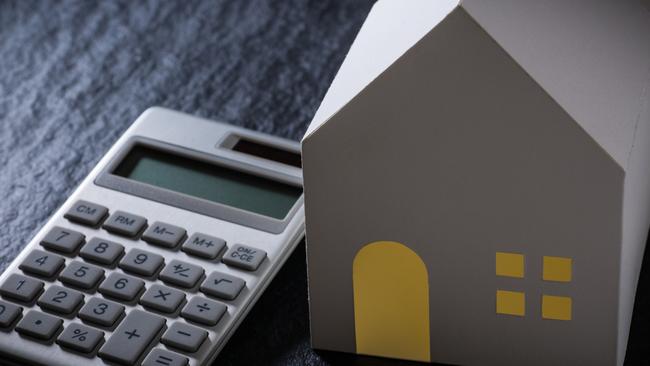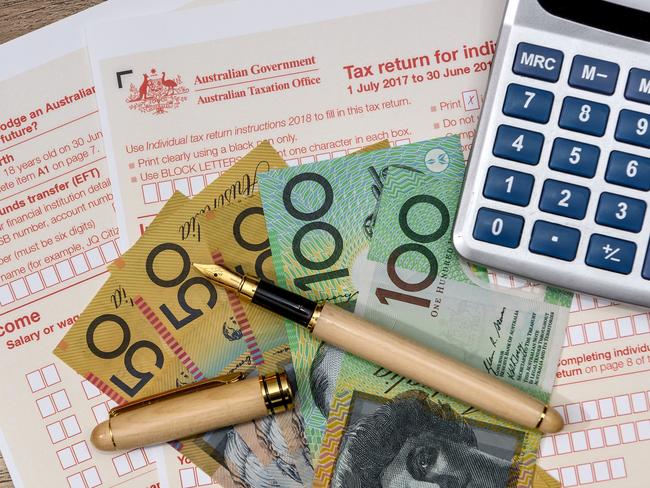Paying the taxman is a positive thing when you’re an investor
Paying tax is annoying for most people, but it means Australian investors are doing something right with their money. This is when you should expect to pay it.
Saver HQ
Don't miss out on the headlines from Saver HQ. Followed categories will be added to My News.
Nobody enjoys paying tax. It doesn’t matter whether you’re giving the government 21, 34, 39 or 47 per cent of your income each week, it always feels like too much.
But for an investor, paying tax is often your friend.
Whaaaaat? Please don’t question my sanity before reading on, because paying tax as an investor tells a positive story.
A tax bill means you are making money. No tax means you’re probably not.
MORE: A beginners’ guide to sharemarket investing
MORE: Tax mistakes that can trap investors
Even on the top tax rate, you’re still getting more than half of your profit, and that’s better than a kick in the guts.
While it may be good to pay tax, it’s pointless paying more than your fair share, and here are some ways to handle it.
NEGATIVE GEARING
Property investors everywhere were relieved that Labor lost the recent federal election and that its plans to slash negative gearing deductions went down the drain next to Bill Shorten’s leadership.

Negative gearing tax deductions often total thousands of dollars a year for an investment property. They are claimed when the income from an investment is not enough to cover all the expenses such as loan interest, council rates, property management fees, insurance, maintenance and repairs.
However, negative gearing also means that you’re spending more on a property than it earns and are instead relying on capital growth will deliver you profit eventually.
Investors should aim to eventually be positively geared, because positive equals profits.
There is a sweet spot for many real estate investors who are negatively geared by claiming thousands of dollars a year of depreciation deductions on bricks and mortar, curtains, carpets and countless other items. They boost their tax refund from all those extra deductions outlined in their depreciation report, which is also tax-deductible.

SHARE INVESTMENTS
Shares have nowhere near the tax deductions that you’ll find in real estate, but still pack some big benefits.
Number one is franking credits, a 30c in the dollar tax offset that comes attached to most dividends. These credits reduce the tax payable on dividend income, and for low-tax or zero-tax payers it turns into a refund. That was also under a cloud until Labor lost.
Share investors can claim tax deductions on investment loan interest, and can also do some clever tax planning around capital gains and losses to lower potential tax bills on profits made on investments.
SUPERANNUATION
Super offers brilliant tax benefits — 15 per cent maximum income tax while it’s growing and zero tax on income and gains once you retire.
If you’re within a decade or two of stopping work, think about switching money into super to rapidly grow that tax-free nest egg.
While you can’t withdraw it until around age 60, in all other ways it is your money just like a cash deposit or share portfolio.
You can also claim tax deductions for up to $25,000 of contributions into super each year, but remember this cap also includes employers’ contributions.
Your fund pays 15 per cent tax on that money going in, but that’s a much lower rate than most people’s wages.


